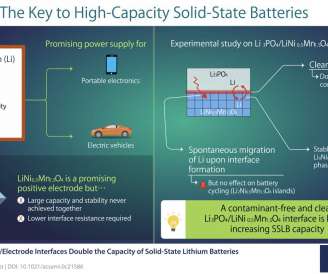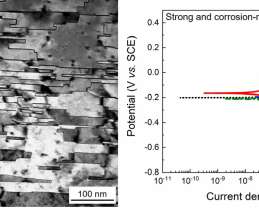U Texas team develops cobalt-free high-energy lithium-ion battery
Green Car Congress
JULY 19, 2020
Researchers from the Cockrell School of Engineering at The University of Texas at Austin have developed a cobalt-free high-energy lithium-ion battery, eliminating the cobalt and opening the door to reducing the costs of producing batteries while boosting performance in some ways. More nickel in a battery means it can store more energy.
























Let's personalize your content